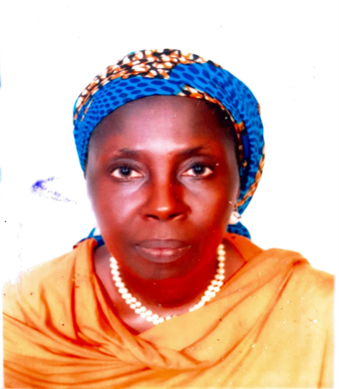Internally Displaced People (IDPs) from the northern states of Nigeria have been caught between a rock and a hard place. In early 2022 formal IDP camps in Maiduguri City were closed and people sent back to their homelands in northern Nigeria. However, many have made the difficult decision to return to the city and live in informal settlements: this has pushed the very few water, sanitation and hygiene (WASH) facilities available to their limits, resulting in disease outbreaks and conflict. SAHEI Gender Development Initiative are one of the few organistions working with these communities to address severe WASH challenges.
Background
The armed opposition groups known as Boko Haram is an Islamic sect that believes western education is unlawful (meaning Boko Haram in Hausa language). They also believe that politics in northern Nigeria has been seized by a group of corrupt individuals and have therefore decided to wage a war against them and the Federal Republic of Nigeria. However, the majority of the Boko Haram sects are not educated and not gainfully employed. Generally, there is high rate of poverty and illiteracy in the northeastern part of Nigeria. Borno state was the first epicenter of the insurgency where the Boko Haram started, then escalating to Yobe and Adamawa state. Some young people in Borno state found the Boko Haram ideology interesting and many from the northern part of the state joined the sect.
The armed group inflicted an untold hardship on people in these communities and they had to flee to safer areas like Maiduguri, the state capital, since 2009. This problem has led to the establishment of both formal and informal camps in Maiduguri, while some had travelled and gone as far as Cameroon, Chad, and Niger as refugees.
About 18 formal camps were established in Maiduguri, along with many informal camps that were not recognized by the government. However, in October 2021 the present Governor of Maiduguri announced the closure of the Internally Displaced People (IDPs) camps by December 31st 2021, especially the formal ones that were supported by government and international partners, and all IDPs were to return to their homes of origin. According to a Punch paper report from 2021, the Governor made this known while addressing the State House correspondents at the end of a closed-door meeting with President Muhammadu Buhari. The decision to close the camps in Maiduguri was informed by the improvement in the security situation in northern states, the governor said, and to enable the displaced persons to return to their ancestral homes.
However, many IDPs have since come back to Maiduguri due to high cost of living, poor means of livelihood and other extreme hardships in their origin communities. This has led to them erecting make-shift homes and tents within the host communities, like Modu Sulumri, and many of the returnee IDPs have settled there. This has caused overcrowding resulting in overstretching and damage to water, sanitation and hygiene (WASH) facilities in communities. There have also been issues of gender-based violence (GBV), both domestic and exploitative.
Challenges in accessing sanitation and hygiene
Overcrowding in these areas has exacerbated the shortage of water, poor sanitation, and hygiene behaviours, and hence there have been outbreaks of WASH-related diseases like cholera, vomiting and watery diarrhea, typhoid, dysentery, scabies, trachoma, worm infestation and malnutrition.
There has also been conflict among the IDPs and the host communities due to inadequate WASH infrastructure and breakdown of existing facilities, including broken taps and latrines that are always full and not emptied on time. WASH facilities were funded and installed by UN bodies, International Non-Governmental Organisations and National Non-Governmental Organisations. They were provided to support the IDPs within informal settlements like Modu Sulumri, for community members to use, maintain and clean. However, for different groups of people, the challenge seems to be the same: a failure to empty filled latrines on time, or not at all.
To worsen the situation, women and girls contribute to filling the latrines due to a limited knowledge of menstrual hygiene management, disposing used sanitary materials into the pit. The latrine vents also contribute to making the environment smell and attract lot of flies which may also lead to WASH-related disease outbreaks.
A way forward?
So what can be done about it? SAHEI Gender Development Initiative (SAHEI-GDI) is currently intervening and implementing in Modu Sulumri, an informal settlement home to 300 households.
SAHEI-GDI activities include:
- WASH projects on menstrual hygiene education
- Awareness raising of GBV prevention and response
- Training on income generation activities to women, girls and youth.
A water, sanitation and hygiene committee (WASHCOM) was established, and committee members include interested IDPs that volunteered to be trained. The WASHCOM will take on the responsibility of maintaining the facilities, and mitigating conflict among the IDPs and the host community members in respect of the facilities.
Also, a skill acquisition and income generation activities programme has been introduced, where women, girls and youth were trained on how to make body cream, liquid, and solid soap, as well as re-usable local menstrual pads. 15 women, 7 girls and 7 boys have been registered and will also be supported with materials for sewing native caps (traditional soft hats) as a means of livelihood.
This operation is small scale, and only addressing certain areas. SAHEI-GDI hopes to scale up the WASH intervention projects for other IDPs living in Maiduguri and for IDPs in other informal camps. The local government authority is not currently interested in funding the projects. Therefore, there is a need for civil society organisations to advocate for government and other donors to continue to support the affected populations and promote safe WASH behaviors. For this reason, SAHEI-GDI are currently looking for external funding and support for scaling up their WASH projects.
For more information on this project please contact the author Aisha Hamza [email protected]






